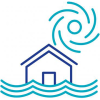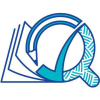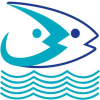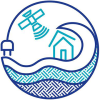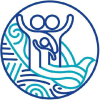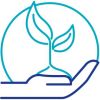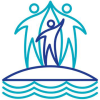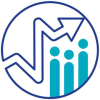Education practitioners & leaders
Education practitioners and leaders in Pacific countries are directly responsible for students’ learning. Teachers, school leaders and others in the education sector plan, develop and deliver programmes of learning to students with a wide variety of learning needs.
Stakeholders who identify with this group may be in the best position to respond to the findings in this report. Changes are needed to support students and their learning; these front-line stakeholders can directly influence and drive these.
These stakeholders may be interested in the student performance data generated by the PILNA assessments. These data are presented by domain (numeracy, reading and writing) and by year level (year four and year six).
The recommendations for teachers that are included at the end of the numeracy, reading and writing sections should also be of interest.
They are the result of careful analyses of student performance data by SPC specialists and, together with the findings, can show practitioners where the challenges lie and where they as learning professionals can usefully focus their efforts to improve students’ learning experiences.
These stakeholders may also be interested in the background data generated by the PILNA programme about the experiences of Pacific students, their teachers and their school leaders or head teachers as revealed in their responses to questionnaires.
These findings give context to the student performance data and enable a greater understanding of the challenges to student learning. Teachers, school leaders and head teachers who participated in the PILNA programme may want to compare their personal responses to the region’s findings.
Moreover, those in the education community may want to use these findings to inform work that improves the experiences and environments of students, teachers and others who engage with the school system.
Beyond the recommendations for teachers in the performance sections, this report also provides recommendations for Pacific education practitioners and leaders. These are based on the findings for student performance and student, teacher and school experiences.
The overall regional findings and recommendations for PILNA 2021 may also be of interest. These are all intended to be a starting point for discussions at local and regional levels about whether interventions of any kind are necessary for student performance or the environments of, and experiences within, education systems.
Country-specific breakdowns of the PILNA 2021 findings will become privately available to nominated national representatives soon. Representatives will typically be the heads of national education systems and they nominate who will look at and analyse them in their country. SPC-EQAP will communicate directly with these representatives when these findings are available.
